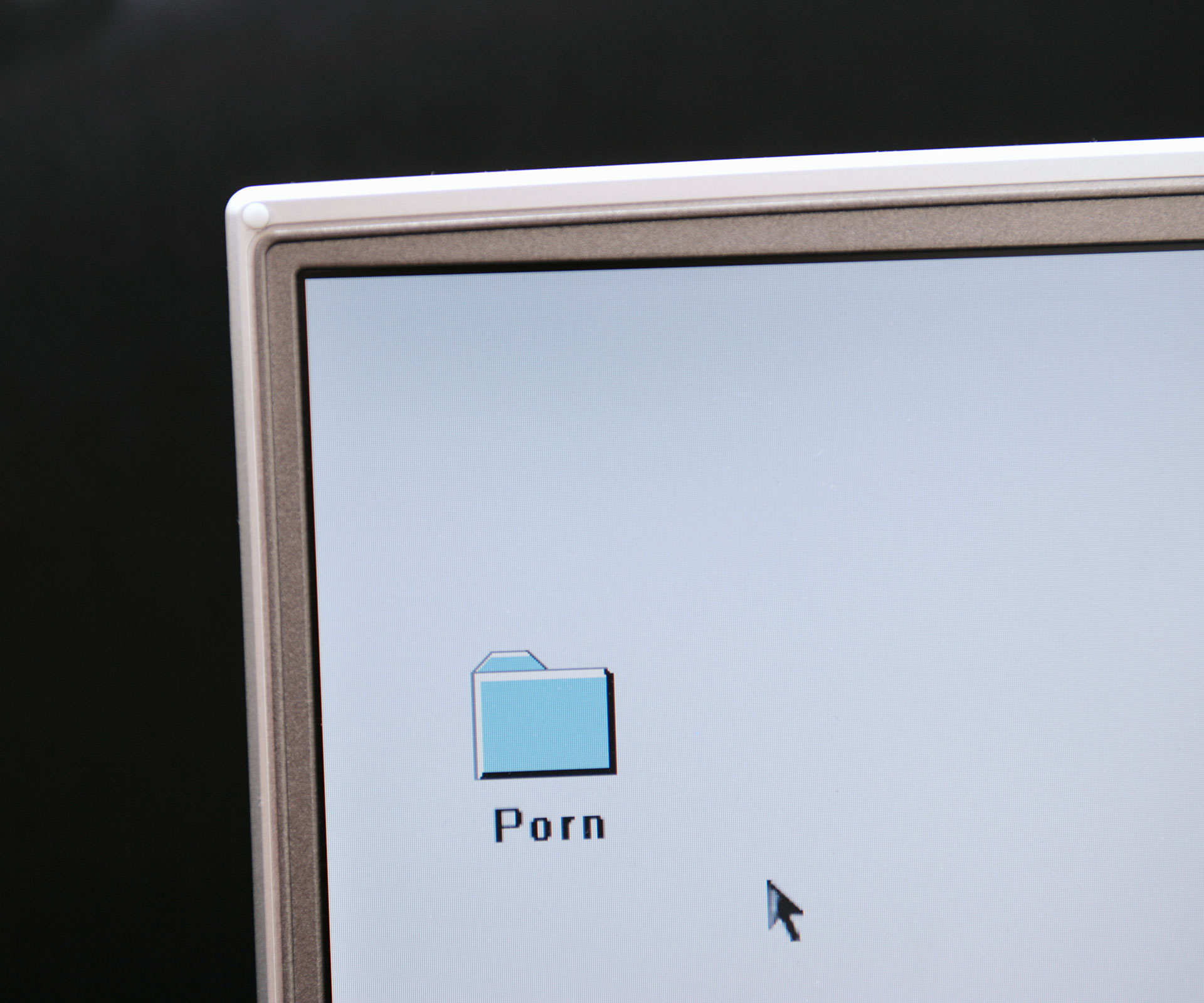Let me tell you something about online sexual predators and trolls. They are regular people. It seems hard to believe, right? That someone who asks for ‘box shots’ of underage girls (a quote from the Australian pornography site) is a regular person? That someone who writes ‘My brother and mates gangbanged her…’ (a quote from Blokes Advice) is a regular person? That someone who calls me a ‘c**t* or a ‘slut’ just for writing an opinion piece is a regular person?
Well, let me surprise you. They are regular people.
Online sexual predators and trolls look no different to any other human males. I tracked a few down in last year’s #endviolenceagainstwomen, and found that these were men with jobs, wives, children, even daughters.
Similarly, the boys and young men involved in the hideous school pornography ring don’t look like criminals. They would look like any other kid.
You know why? They are any kid.
As parents/grandparents/friends, we are sure our kids are different to the others. Our boys won’t join a site that shares underage porn. Our boys won’t look at pictures of underage girls on the internet. Our boys won’t share naked photos of their girlfriends with their friends, who in turn will share them on the internet. Our boys won’t do that because….
Well, they’re our kids.
But you know what? Each kid using that porno site is someone’s son. They are someone’s grandson. They are someone’s nephew. They might be yours. Are you sure they’re not? And until you can at least ask yourself that question, you are closing your eyes to this growing problem.
Now, let me make this clear. Violence against women, in real life and online – and this includes sexual shaming and non-consensual pornography – is the fault of the perpetrators. It is never the fault of the victims, and it is not the fault of the women in the perpetrators’ lives.
But as women – as mothers/grandparents/aunts/friends – we can help to address the problem. We can be part of the solution, by teaching our boys not to be part of the problem.
Recognise this is not your girls’ problem. It is not up to girls to change their behaviour. It is not up to girls to dress differently/act differently/never take a selfie again. This problem requires change on the part of males.
Be sure your kids understand consent, including the consensual sharing of images.
Be sure your kids understand that sharing images of underage girls is child pornography.
Be sure your kids understand that sharing private sexual images of any female without her consent is a form of sexual assault. Be sure they understand that even ‘liking’ those images is contributing to the degradation, humiliation and invasion of privacy of that victim. It is contributing to that assault.
Explain to your kids how evil flourishes. It is not enough anymore to turn a blind eye. It is not enough anymore to say ‘It wasn’t me’. If your kids don’t take a stand when they know violence is occurring, if they don’t call out the perpetrators of sexual violence, then they are complicit.
Be aware of what your boys are doing online. Yes, kids are entitled to a certain degree of privacy, but no, they are not entitled to unconditional privacy. Not when this sort of violence and sexual shaming is so prevalent. Be involved. Ask questions. Know your kids’ friends. Know what they are looking at. Do you think the families of the sons involved in the pornography ring knew their kids were involved? No. Of course not. But can you be sure what yours are doing?
Have the conversation. Have the conversation again. Keep having the conversation. It may not be your kid. It is probably not your kid. But please remember. It could be your kid. Stay alert.
You can find more from Kerri Sackville Twitter on @kerrisackville or at kerrisackville.com


.jpg)